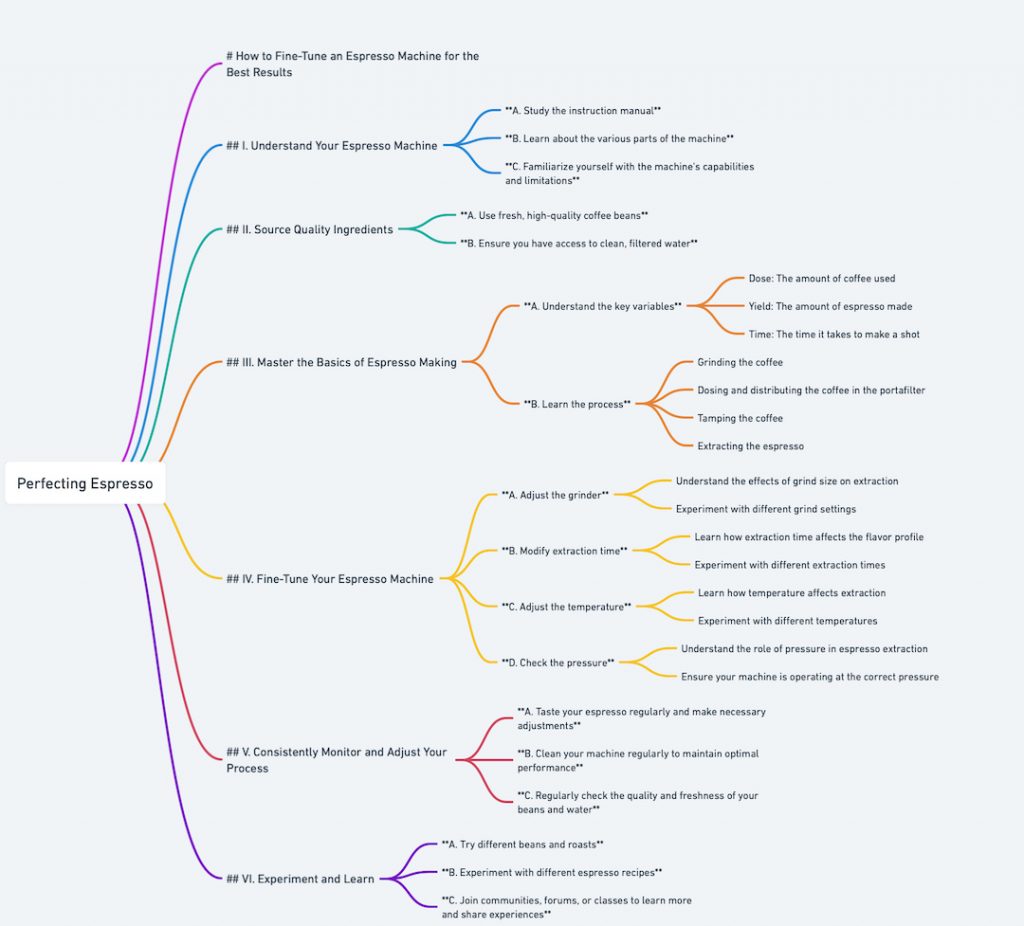Recently I heard an individual in the coffee shop line say that they didn’t think the Boomer cared like a Gen Z about quality tasting coffee. I needed to dig into the line of thinking and where it may have come from. OK, the “facts” as found across a few differently opinionated sources that I took the time to read through so you don’t have to. Of course, the usual disclaimers on things like this, you may see yourself or think the info is way off base, it is just an interesting thing to think about when having your morning coffee.
Gen Z:
- Influential Market Presence: Gen Z’s significant spending power, especially in the U.S., makes them influential in shaping consumer trends. Their increasing numbers have started to impact the coffee market significantly, as seen in the inclusion of their preferences in the National Coffee Drinking Trends report by the National Coffee Association (NCA).
- Preference for Gourmet Coffee: Gen Z has a pronounced preference for “gourmet” coffee drinks, defined as premium, non-instant arabica or arabica blend coffee products. This generation is more than twice as likely to consume gourmet coffee compared to older age groups, indicating a shift towards higher quality coffee.
- Convenience and Fast-Paced Lifestyle: The fast-paced lifestyle of Gen Z has shaped their coffee drinking habits. They favor ready-to-drink (RTD) and cold brew coffee, which align with their preference for simplicity and convenience. These choices reflect their adaptation to a world of instant gratification, where online shopping and home delivery are the norms.
- Healthier Options and Perceptions: Gen Z often perceives RTD and iced coffees as healthier alternatives to carbonated soft drinks and energy drinks, while still providing a caffeine boost. This perception is in line with their overall health-conscious approach to food and beverage consumption.
- Focus on Transparency and Traceability: Gen Z values transparency and traceability in the coffee supply chain. They are keen on knowing where their coffee is grown, who grew it, and ensuring the process is ethical and sustainable. This generation seeks out brands that support their values, paying more attention to how brands align with their ethical and environmental concerns.
These preferences and behaviors of Gen Z reflect a broader shift in the coffee sector towards quality, convenience, health consciousness, and ethical considerations. Their choices are redefining coffee consumption trends, influencing the products and services offered by coffee brands and retailers.
Millennials:
- Increased Coffee Consumption: Millennials have shown a significant increase in daily coffee consumption, with 51% of 18 to 24-year-olds drinking coffee daily by 2014, up from 25% in 2000. The average number of cups consumed daily also increased from 2.3 to 3.3 in this period. Millennials, being the largest generational group in the United States, exert considerable influence on the coffee industry and its trends.
- Technology and Social Media Influence: Technology, especially smartphone applications, plays a substantial role in how Millennials interact with coffee. They frequently use these apps to order coffee and rely on social media to review products and seek advice from friends. This behavior reflects their interconnected, tech-savvy lifestyle and influences their coffee-related decisions.
- Trend Toward Cold Brew and RTD Coffee: Millennials have significantly driven the popularity of non-espresso-based beverages, like cold brew and RTD coffee. The sales of cold brew coffee saw an increase of nearly 600% from 2011 to 2016. RTD coffee also experienced remarkable growth, with more than two-thirds of 18 to 34-year-olds in the US consuming single-serve RTD coffee beverages. This preference is attributed to the convenience and speed of RTD beverage consumption, aligning with Millennials’ fast-paced lifestyles.
- Preference for Specialty Coffee: Millennials are leading the third wave coffee movement, with a significant portion regularly consuming specialty coffee. They show a growing taste for gourmet varieties, including single-origin coffee, known for its unique flavors and high level of supply chain transparency. Millennials seek detailed information about their coffee, from origin to roast profile, driving coffee roasters to provide more information on packaging labels and tasting cards.
- Commitment to Sustainability: Millennials demonstrate a strong commitment to sustainability in their coffee choices. A significant majority understand the concept of sustainable coffee and are willing to pay more for sustainably sourced and produced coffee. They also prefer to purchase from companies that support environmental and ethical causes. This preference has influenced coffee roasters to focus on sustainable certifications and environmentally friendly packaging materials to appeal to the Millennial market.
These insights reveal a multifaceted approach to coffee consumption among Millennials, emphasizing quality, convenience, technological integration, and a strong commitment to sustainability and ethical practices.
Baby Boomers:
- Early Coffee Experiences: Iconic brands like Tim Hortons played a significant role in shaping the coffee habits of Baby Boomers. Visits to such coffee shops were more than just about coffee; they were social experiences, a place for community, friendship, and storytelling.
- Coffee Shops as Social Hubs: In their younger years, Baby Boomers frequented coffee shops that served gourmet coffee. These establishments were more than just places to drink coffee; they were hubs for intellectual discussions, artistic exchanges, and political debates, fostering a strong sense of community.
- Instant Coffee and Convenience: During the 1970s and 1980s, as Baby Boomers became working professionals and parents, instant coffee gained popularity for its convenience. The need for quick and easy coffee solutions was paramount in the daily hustle and bustle of their lives.
- Shift to Health and Wellness: As they aged, Baby Boomers’ concern for health and wellness grew, leading to an increased focus on organic and specialty coffees. They transitioned from mass-produced coffees to more ethically sourced and environmentally friendly options, driven by a growing consciousness of sustainability and fair trade practices.
- Embracing Artisanal Coffee: The emergence of specialty coffee shops marked a new era in coffee consumption for Baby Boomers. They started seeking unique flavors and handcrafted beverages, exploring diverse coffee bean origins and roasting techniques, appreciating the art of coffee-making.
- Digital Transformation in Coffee Consumption: The advent of the internet and digital technology transformed their coffee-drinking habits. Online subscriptions and e-commerce platforms enabled them to discover global coffee blends from the comfort of their homes.
- Coffee in Retirement: As Baby Boomers approached retirement, their coffee habits shifted. Coffee became a vital part of their morning routines and a medium for continued social interaction. Retirement provided more time to explore new coffee recipes and experiment with brewing methods, such as pour-over, French press, and espresso machines. Coffee gatherings remained a centerpiece for social interactions.
These trends reflect Baby Boomers’ evolving relationship with coffee, characterized by a balance of traditional preferences, health consciousness, and an openness to new experiences and technologies in their coffee consumption.
Please note that if you purchase from clicking on the link, some will result in my getting a tiny bit of that sale to help keep this site going. If you enjoy my work, perhaps you would consider donating to my daily cup of coffee, thank you.



